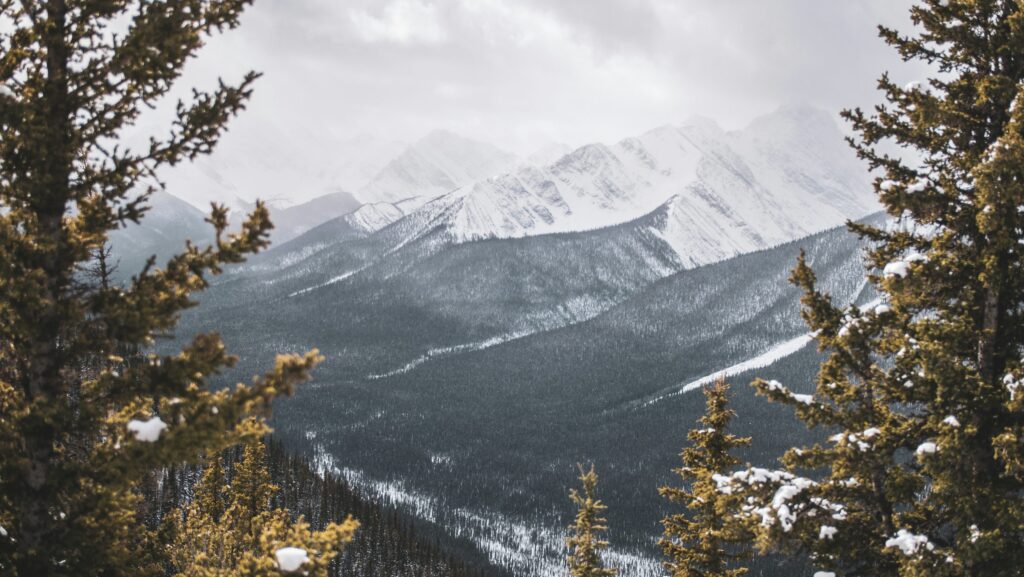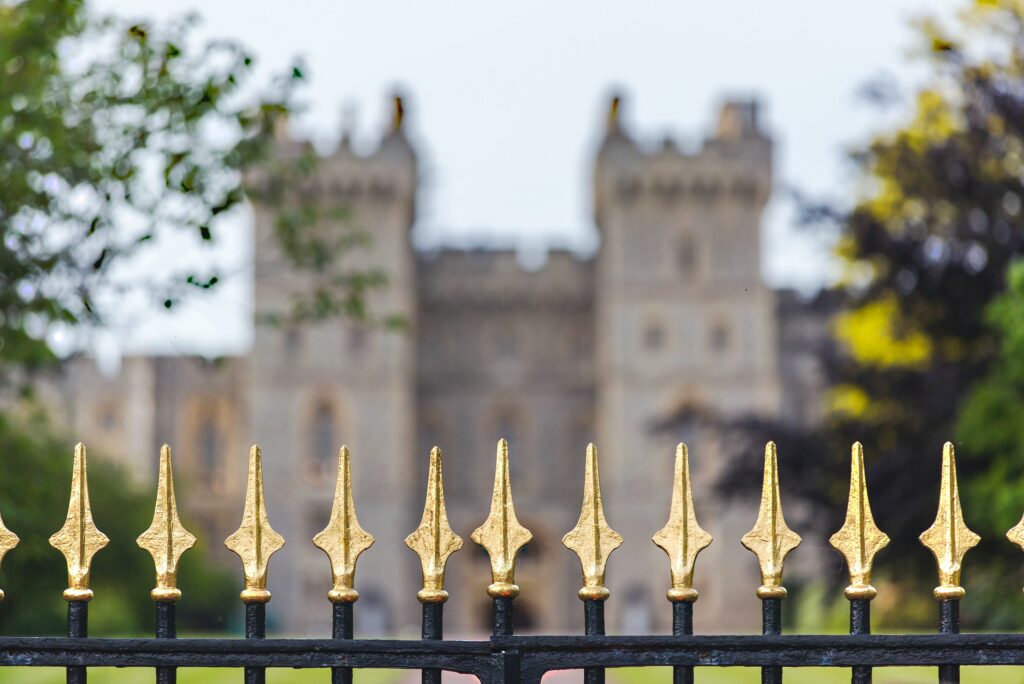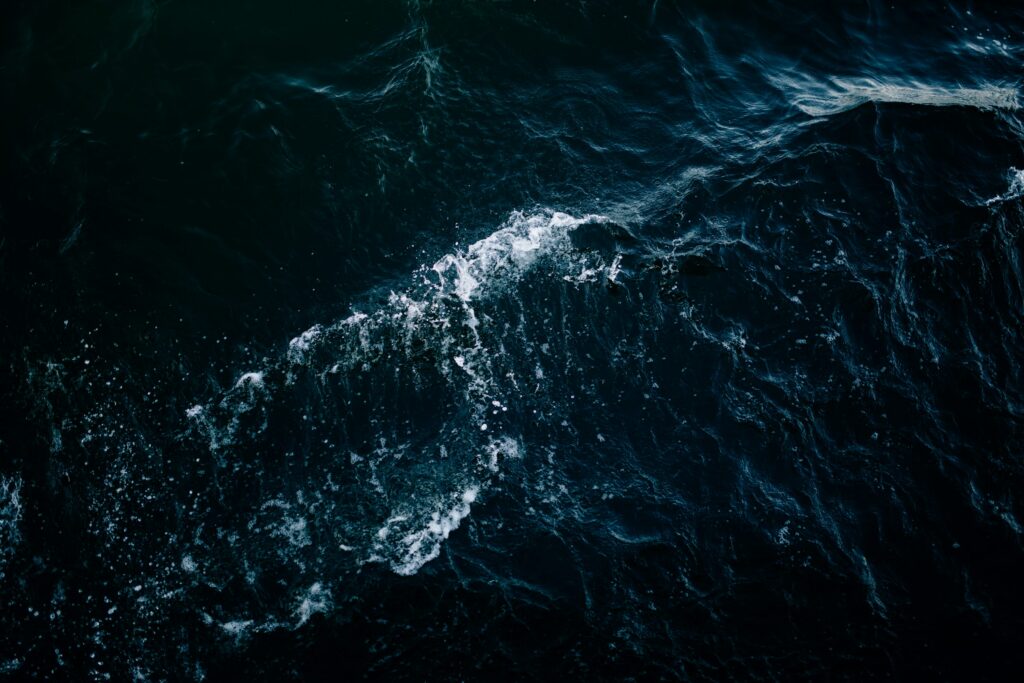According to CTV News in Vancouver, Canada, climate change has stopped evolution from working. They didn’t phrase it that way, of course. Rather, “Climate change is knocking some Pacific salmon out of alignment with the growth of the ocean plankton they eat to survive, new research says.” But here’s the thing. According to Darwin’s “survival of the fittest” theory, nature is in constant churn, and those organisms that react to changes like when or where the plankton grows most nimbly flourish. Nature would hardly have made it this long if it was this intricate mechanism that if one part gets bent it all falls to bits.
CTV begs to differ, perhaps because the science background of the author of the piece is a Bachelor of Journalism from the University formerly known as Ryerson until Egerton Ryerson was deemed a bad white male unperson and it became Toronto Metropolitan University. Thus, the article claims:
“In the largest data set ever gathered on the timing of juvenile salmon migration, research found the changing climate is causing some salmon populations to migrate earlier out of step with plankton blooms that are also affected by changing weather patterns. Lead author Sam Wilson said that as climate change continues the two will match less and less, putting salmon survival at risk.”
Bosh. The Pacific salmon (and trout) are in the genus Oncorhynchus, and range from Beringia, in Siberia near where Lenin was once exiled, to Mexico and Taiwan. They do not die if it is warm, or if it is cold. Moreover the genus appears to date back at least 7 million years, meaning it flourished in the Pliocene when temperatures were well above anything journalists now call “unprecedented”. Indeed one species back when it was lethally hot, the “saber-toothed salmon”, was nine feet long. Which is bad for plankton because obviously the thing was eating pretty good. But not proof that these fish croak if exposed to warmth, or changing circumstances. Oh no. They adapt and rampage.
Now it is true that Oncorhynchus has been under considerable pressure since the Earth began warming after the Little Ice Age. But not because of the warming; the cause is one of those real environmental problems from which climate breakdown increasingly distracts attention, namely habitat loss.
Still, we shouldn’t single out this journalist’s lack of background outside journalism for her ignorance of evolution, even if we do wish one of her courses had been “How to Google things you’re writing about”. It is an article of faith among climate alarmists that nature is incredibly diverse, dynamic and resilient unless a person wanders up and klonks into it, at which point it becomes disoriented and demoralized and lies down and dies.
For instance, the planet has supposedly warmed by 1.1°C since 1850, or maybe even 1.25°C. As if anyone could measure planetary temperature to 0.15°. But now we’re told that if it warms by another 0.4°C, or possibly just 0.25°C everything will go kablooey. Or at least it will if humans cause the planet to warm. If it happened naturally, as it clearly did 2,000 years ago, and indeed 130,000 years ago, why you’d get the usual dazzling display of adaptability.
Even the fabled carbon cycle has this odd quality; nature can spew as much of the stuff as it likes and lo and behold it is all absorbed. But let a human being emit one twentieth as much and it hangs around killing the fish.
Thus David Suzuki, the world-famous-in-Canada fly geneticist environmental activist, just opined that “The major crises we face – pandemics, climate disruption and biodiversity loss – all have roots in our lack of recognition of our place in nature.” Luckily he offers Indigenous knowledge despite not being indigenous, so we’re saved. After all, The Hill Times assures us:
“More Indigenous Guardians provide benefits for climate, nature, and reconciliation/ Eighty per cent of the world’s remaining biodiversity is on lands cared for and loved by Indigenous Peoples. That’s not an accident.”
Suzuki also draws on spiritual traditions despite being an atheist. So don’t worry that “Suzuki was criticized by the National Post for owning multiple homes ‘because he often preaches the virtues of minimalism’.” It’s about our place in nature, not his.



Darwin's theory is the natural selection of advantageous variants (natural selection for short). "Survival of the fittest" is a near-tautological rendering by Darwin's bulldog.
I learned from Heather Heying recently that some species of pacific salmon became landlocked as a result of geological shifts. Instead of dying out because they couldn't get to the plankton, they adapted. Their descendants now inhabit mountain lakes. Orgel's Second Rule: Evolution is cleverer than you are. People tend to think linearly, whereas evolution throws out experiments in every direction at once.
Suzuki's all encompassing premise ever since leaving science (genetics) behind to pursue hysteria masquerading as science sounding entertainment, has been that everything humans do over and above the level of stone age subsistence is destroying the planet.
Salmon are one of those creatures that transcend any notion of benefit-cost. No trade offs are acceptable anymore. The wild Salmon fishery is a classic example of fugitive resource mismanagement. Ten percent of the commercial fleet could eliminate the species but continues operating at such inefficiencies in a fashion equivalent to a buffalo hunt with a stop watch. Add racial quotas and stir. Meanwhile, the Feds are forcing fish farms (who are the largest employers of FNs) off the west coast waters due to the same junk "scientists say" as their climate counterparts.
" Eighty per cent of the world’s remaining biodiversity is on lands cared for and loved by Indigenous Peoples."
If you say so. I had thought that most of the biodiversity was in the oceans.
Maybe the Indigenous people are looking after worlds "remaining biodiversity" because the nasty white man said, "Hey, we give you people billions every year, can you look after our parks "
Surely you can't be serious. Nobody claims that species can't adapt. Adaptation is the pillar of evolution and, in the absence of a better theory, it is what we're left with. Rather, it is the pace of change and the ability of species to adapt to the new conditions that is of greatest concern. Secondly, with the exception of humanity, almost all other species struggle every day to survive and bring the next (and the next, and the next) generation along. They are used to a daily struggle and eat and or eaten as the environment allows. What's at stake for humans is how well we live and it what numbers. So, you're correct that salmon and all other species take what they are given and do the best they can without bitching too much about it. Given the number of people on the planet and how we live, it is unlikely we can keep things to our liking forever. Will the humans, or salmon, disappear? Unlikely, but we'll care a lot more than the salmon when the inevitable breakdown occurs. Yes, the inevitable breakdown ... as has happened countless times in the past (e.g. Greeks, Romans, Easter Island, Norse colony on Greenland, etc.).